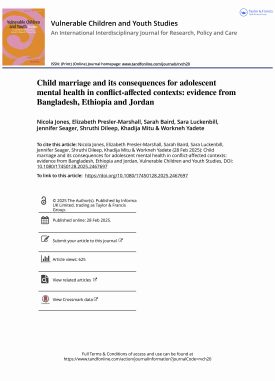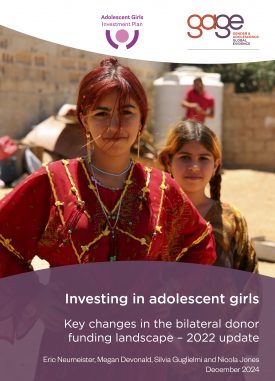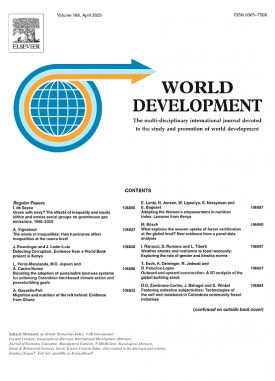This tool kit was developed with two purposes in mind. First, it aims to address the evidence lacunae surrounding girls and young women living in Afar and Somali. It carefully explores – with adolescents, caregivers, community members, and local service providers – the risks and opportunities facing girls and women, how these vary from those facing boys and men, and how these have changed over time. Tools pay special attention to FGM/C and child marriage and how they are or are not shifting, in degree or kind, but also focus on access to education and work, sexual and reproductive health, and decision-making. Combined with our surveys, this is the most comprehensive research ever undertaken with adolescents in Afar and Somali.
The second purpose of this tool kit is to illuminate how SC’s programming is being rolled out. Programme beneficiaries (girls, women and service providers) are questioned, alongside programme implementers, about the elements of programming in which they have participated (or delivered) and if and how those elements are creating nascent change in their own beliefs and practices, especially in regard to FGM/C and child marriage. In the immediate term, these tools aim to ascertain how programming might be improved.
Suggested citation:
Presler-Marshall, E., Yadete, W., Jones, N., Gebeyehu, Y. and Abdisalam, A. (2022) Toolkit on FGM and child marriage. London: Gender and Adolescence: Global Evidence (https://www.gage.odi.org/publication/toolkit-on-fgm-and-child-marriage/)


